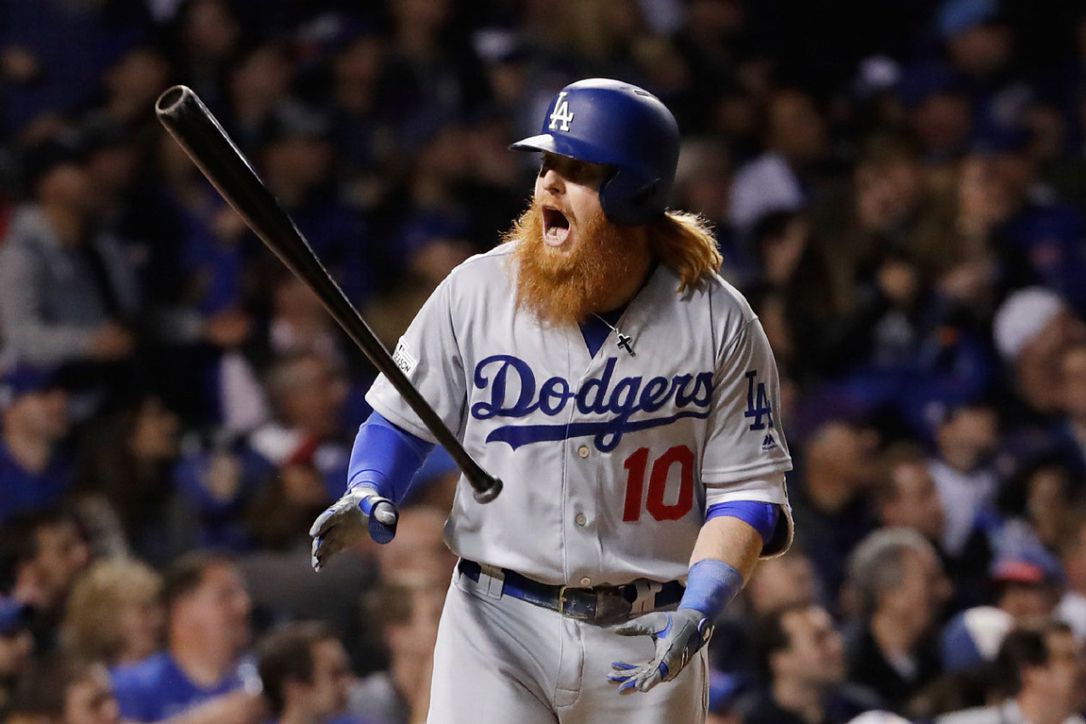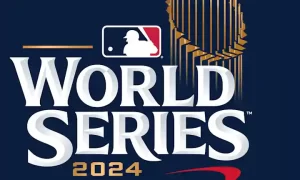Los Angeles Dodgers: Best Team in the NL?

In a recent piece for ESPN, Sam Miller wrote about the Los Angeles Dodgers at length. The column, “Why aren’t the Dodgers even better?” talks about Los Angeles as a business as much as an on-the-field product. As Miller describes the Dodgers, they are not only very profitable and willing to spend money, they are also smart about how they use that money and how it can help them sustain a level of excellence.
For their level of commitment and their advantages over other teams, however, the LA Dodgers haven’t dominated the rest of the league on the field. True, money tends to be a good predictor of success, but not to the extent that the teams with the highest payrolls almost always finish 100 games above .500.
As Miller explains, there are limiting factors inherent in the league’s structure. For one, few of the league’s best players are available at any given time. Also, there’s the matter of trades being trade-offs. By becoming better in the short term, a team usually makes itself weaker over the long haul. In addition, good players don’t stay good forever, and their value can vary considerably from year to year. Sure, they might get even better, but in most cases, they don’t. Whether due to time, money, or roster size constraints (or all three), managing an MLB club isn’t easy.
Accordingly, and despite the third-highest payroll in the league, have hardly skated easily into the playoffs. This doesn’t mean, however, that Dodgers leadership has made all the wrong moves. On the contrary, more recent acquisitions like Max Muncy and Chris Taylor suggest Los Angeles is adept at evaluating talent. As Miller tells, the Dodgers also have done well with improving and sustaining a viable farm system. He credits Stan Kasten, team president and CEO, as a driving force behind its revival from a “bottom-tier” developmental system.
As Sam Miller underscores, the other National League contenders really hope the LA Dodgers miss the postseason, their precarious playoff position aside. The perception is that Los Angeles “clearly” has more talent than the rest of the NL.
It’s a notion not lost on those who follow the game and make predictive analyses. As Craig Edwards of Fangraphs details, the Dodgers have the second-best odds of any team that isn’t the Houston Astros to make the World Series. After that, a hypothetical matchup between Los Angeles and a random American League team favors the latter.
Are the Los Angeles Dodgers really as good as the oddsmakers say, though? Or does their underachievement betray serious underlying flaws?
First, let’s look at where they currently are. They’re fighting for an NL West crown today and that’s likely a product of bad luck. They own the best run differential in the National League by a considerable margin. Realistically, they could have won 10 more games than they have to date (They’re Pythagorean Win-Loss agrees). If not for blown saves and other bullpen struggles, they likely would have.
It’s also worth mentioning the Los Angeles Dodgers struggled considerably in the months of April and May. During the stretch from April 24 to May 16, the team went 5-16. Los Angeles lost series to cellar-dwellers like the Cincinnati Reds, Miami Marlins, and San Diego Padres. Much of those 21 games were without the services of Justin Turner, to boot. From a nadir of 10 games below .500 as of the end of that stretch, the Dodgers have since won 30 games more than they’ve lost.
As for the team’s true strength leading into the playoffs, it ranks highly in several key areas. The Dodgers’ pitching staff is top-five in Major League Baseball in ERA, WHIP, batting average against, and quality starts. Meanwhile, offensively, Los Angeles is top-five in slugging percentage and top-ten in runs scored and on-base percentage. In terms of balance, the Dodgers thus seem well suited to match up with other National League contenders.
Besides, it’s not as if those contenders don’t have their limitations or concerns. The surprising Atlanta Braves rank well in their own right, but overall are young and untested. The Chicago Cubs and Colorado Rockies have questions about the strength of the back end of their bullpen, too. The Milwaukee Brewers’ starting rotation, for all its achievement, lacks depth. To stress, this is not to say that the Los Angeles Dodgers don’t have flaws. Just the same, the team’s flaws don’t appear to be serious detriments to its playoff viability.
And the talent. At the end of the day, the Dodgers’ roster speaks for itself. We’ve already mentioned Chris Taylor, Max Muncy, and Justin Turner. Cody Bellinger. Yasmani Grandal. Kiké Fernandez. Yasiel Puig. Joc Pederson. Matt Kemp. Manny Machado. Clayton Kershaw. Kenley Jansen. Even relative newcomers like Walker Buehler and Ross Stripling. The LA Dodgers have a number of starters and role players who contribute in impactful ways, especially on offense. With the exception of Jansen, these players all own an OWAR/WAR for pitchers of approximately 2.0 or better per Baseball-Reference. That’s a heck of a starting lineup to face.
Going back to Craig Edwards’s analysis, the Dodgers would most likely be underdogs against the American League champions in the World Series. Ultimately, though, who knows? A grueling AL run might put the Astros or Athletics or Indians or Red Sox or Yankees or whoever is last standing at a disadvantage against the Dodgers, especially if Dave Roberts’s team has an easy run to the championship round. Let’s not forget the Dodgers just made it to the World Series either. Again, they possess the experience to match their talent, unlike other contenders.
The LA Dodgers won’t finish with the best record in the National League, or may not even win the NL West. They easily are among the league’s best in multiple categories, however, and have the smarts and veteran leadership to match their skill. In other words, the other playoff contenders have been duly warned.
















